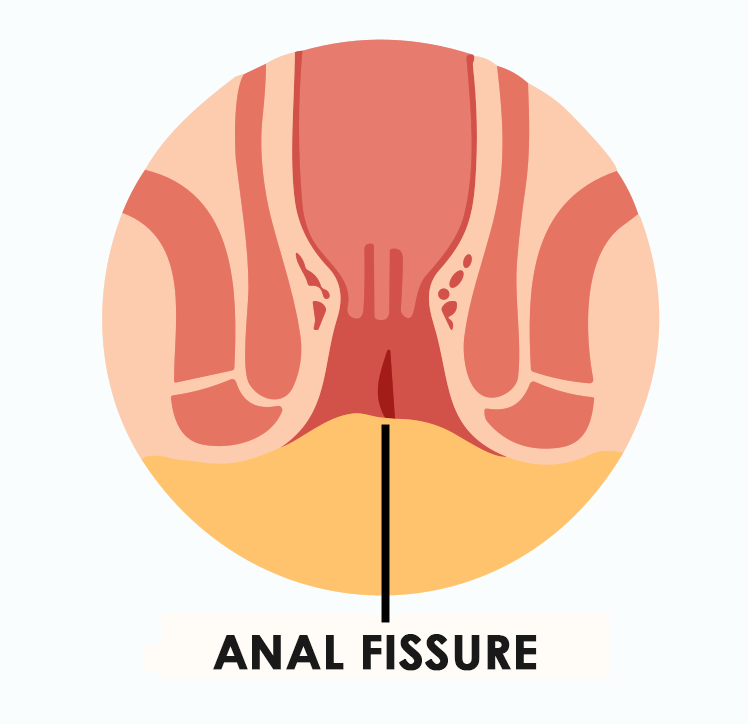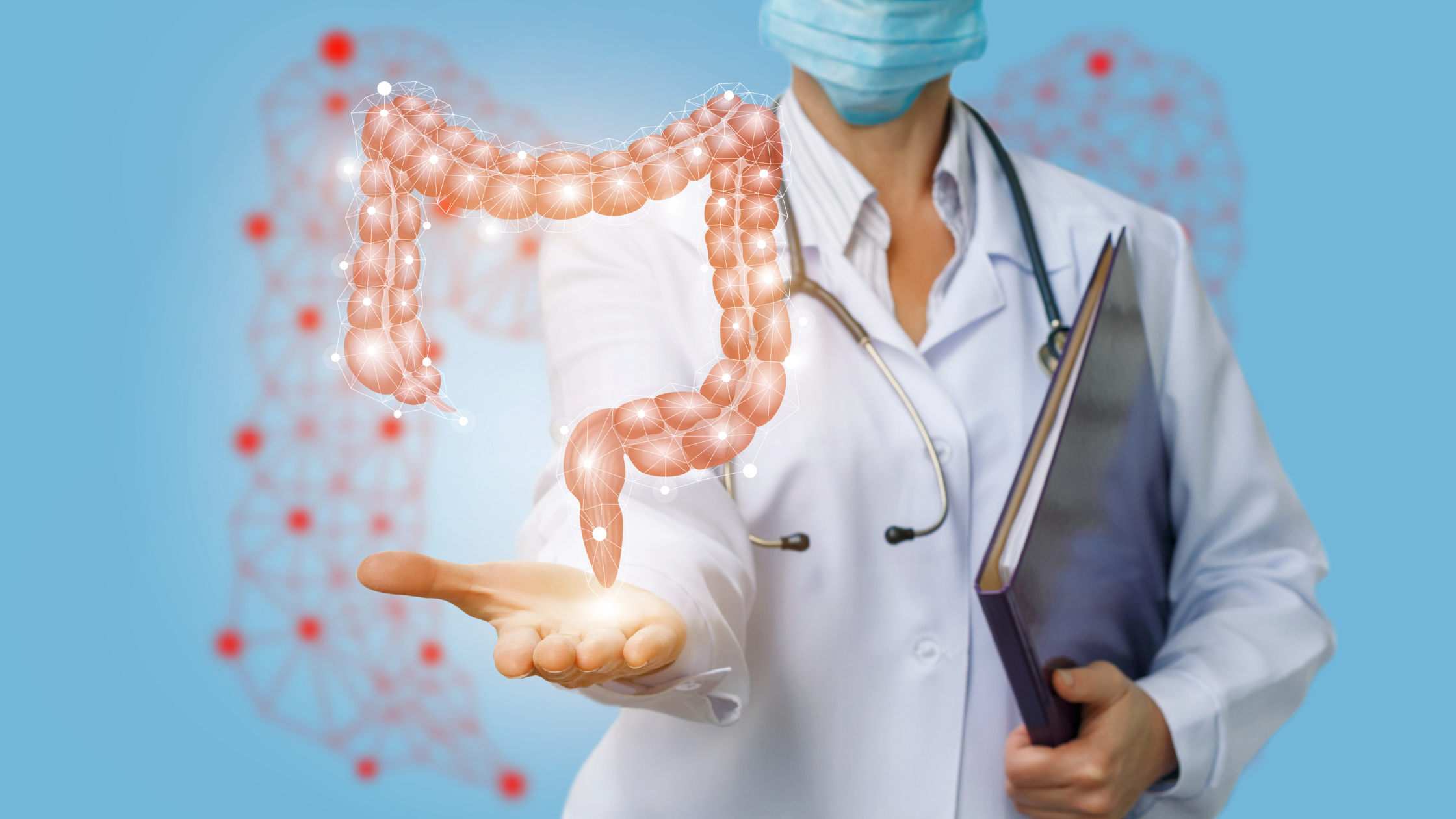
Proctology
Proctology, also known as colorectal surgery or proctology surgery, is a medical specialty focused on the diagnosis and treatment of disorders and diseases related to the rectum, anus, and colon. Medical professionals specializing in this field are called proctologists or colorectal surgeons. They are trained to provide both surgical and non-surgical interventions for various conditions affecting the lower gastrointestinal tract.
Some of the common conditions that proctologists diagnose and treat include:
Hemorrhoids: Swollen and inflamed blood vessels in the rectal and anal area, causing discomfort, pain, itching, and bleeding.
Anal fissures: Small tears or cuts in the lining of the anus, which can lead to pain and bleeding during bowel movements.
Anal fistulas: Abnormal passages that develop between the anal canal or rectum and the skin surrounding the anus, often resulting from an abscess.
Rectal prolapse: The rectum protrudes from the anus, either partially or completely, due to weakening of the pelvic floor muscles.
Anal abscesses: Pockets of pus that can form in the anal canal or the surrounding tissue, causing pain, swelling, and fever.
Colorectal cancer: Malignant tumors that develop in the colon or rectum.
Inflammatory bowel disease (IBD): Chronic conditions such as Crohn’s disease and ulcerative colitis, which cause inflammation and damage to the digestive tract.
Some of the common conditions that proctologists diagnose and treat

Swollen and inflamed blood vessels in the rectal and anal area, causing discomfort, pain, itching, and bleeding.

Small tears or cuts in the lining of the anus, which can lead to pain and bleeding during bowel movements.

Abnormal passages that develop between the anal canal or rectum and the skin surrounding the anus, often resulting from an abscess.

Malignant tumors that develop in the colon or rectum.


Proctologists
Proctologists use a variety of diagnostic tools and procedures to identify and treat these conditions. Common diagnostic methods include physical examinations, endoscopy, colonoscopy, sigmoidoscopy, and imaging techniques like X-rays and MRI scans.
Treatment approaches depend on the specific condition and its severity. Proctologists may recommend lifestyle changes, medications, or non-surgical interventions like sclerotherapy, rubber band ligation, or laser therapy for less severe cases. In more complex or advanced cases, surgical procedures may be necessary to provide relief or manage the condition effectively.

